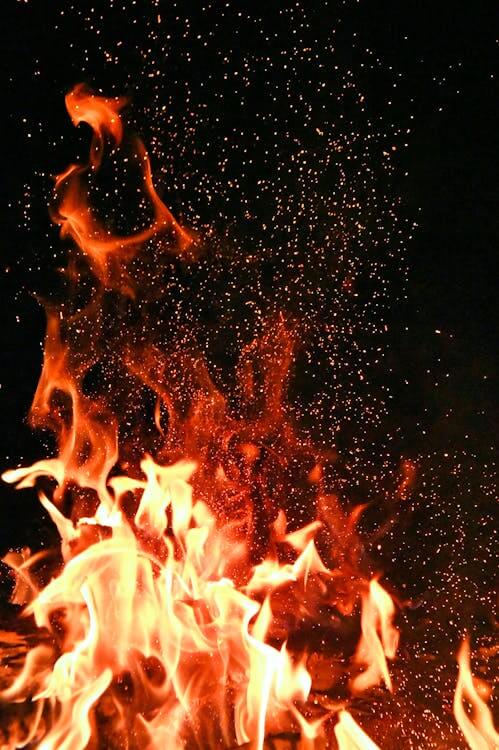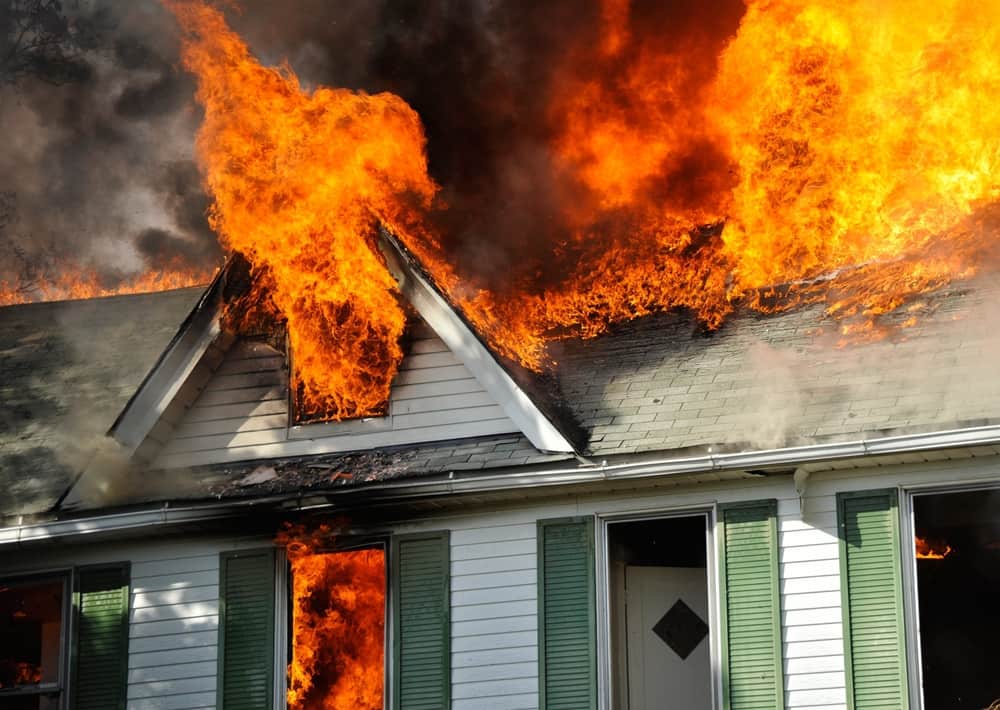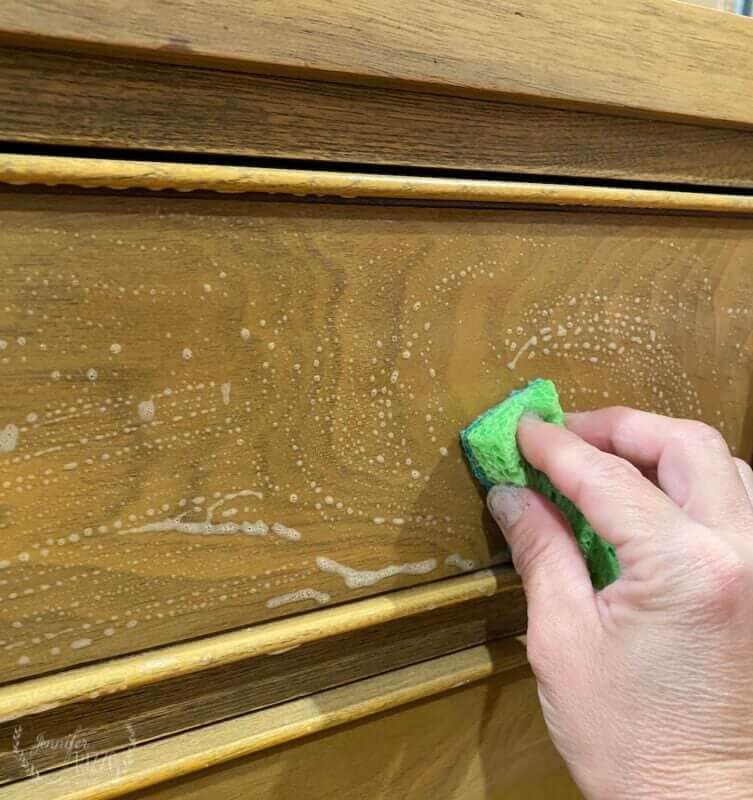
How to Handle a Kitchen Grease Fire: Prevention & Cleanup
A kitchen grease fire can ignite in seconds, turning a simple meal prep into a dangerous situation. Understanding how to prevent, extinguish, and clean up after such fires is crucial for every homeowner. Let’s dive into the essentials to keep your kitchen safe and sound. 🛡️ Prevention: Keeping Grease Fires at Bay 👀 Stay Vigilant While Cooking 🧽 Maintain a Clean Cooking Area 🧯 Equip Your Kitchen with Safety Tools 🚨 Responding to a Grease Fire ❌ What NOT to Do ✅ Steps to Extinguish the Fire 🧹 Cleaning Up After a Grease Fire 🧼 Initial Cleanup Steps 🧽 Deep Cleaning Tips 🧠 FAQs ❓ Q. Can I use flour to extinguish a grease fire? No. Flour is combustible and can exacerbate the fire. ❓ Q. How often should I clean my kitchen exhaust system? Regularly. Depending on usage, clean every 3-6 months to prevent grease buildup. ❓ Q. Is











